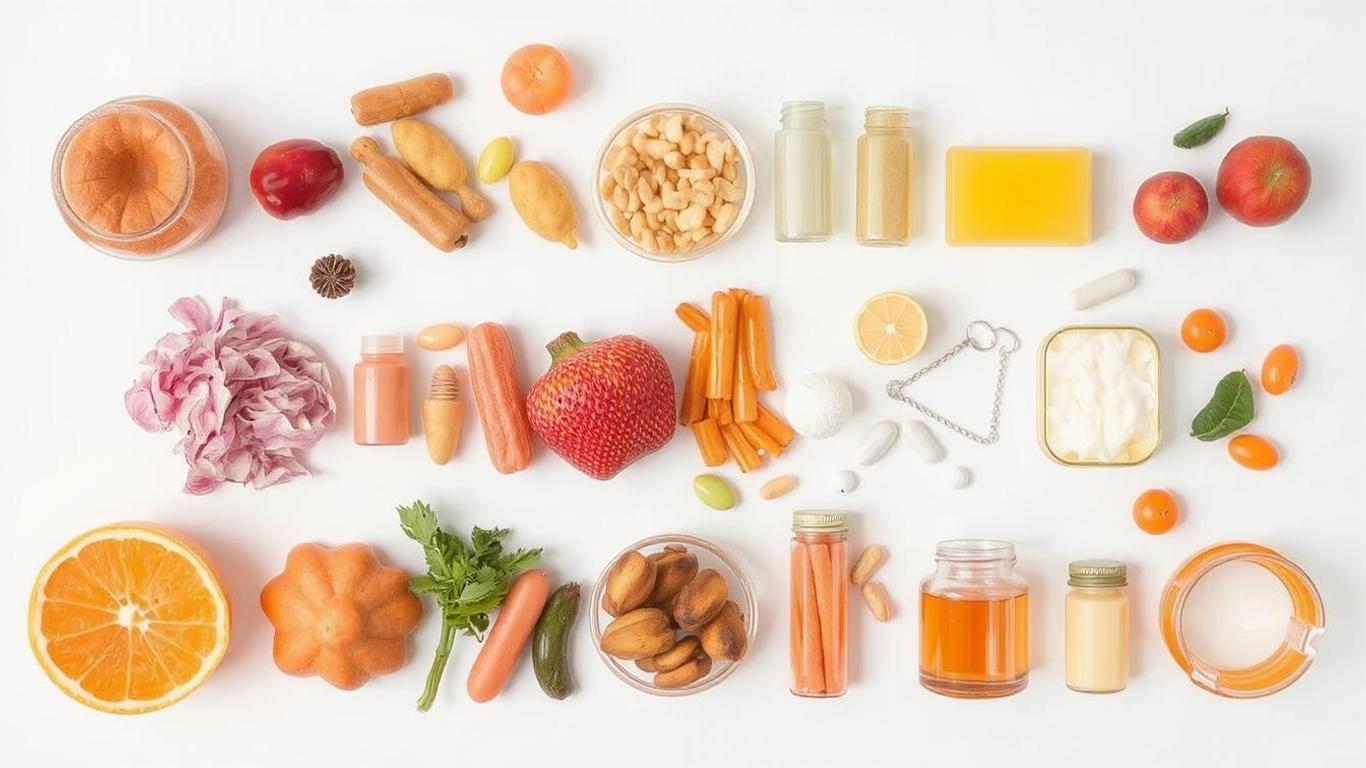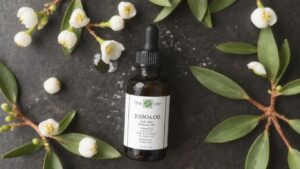The Optimal Skin Health Vitamins: Nutrients That Promote a Healthy Looking Skin
Table of Contents

If your goal is to achieve healthy and glowing skin, there is a need for the right skin routine. The salves and blends can be useful, but real skin health comes from the body, and that is where the importance of vitamins comes in. In this article, we are going to discuss the best vitamins for the skin, which are essential to bringing back the skin’s glory and its resilience and provide ways to take the seen and unseen vitamin components for healthy skin
Vitamin C: The Collagen Booster
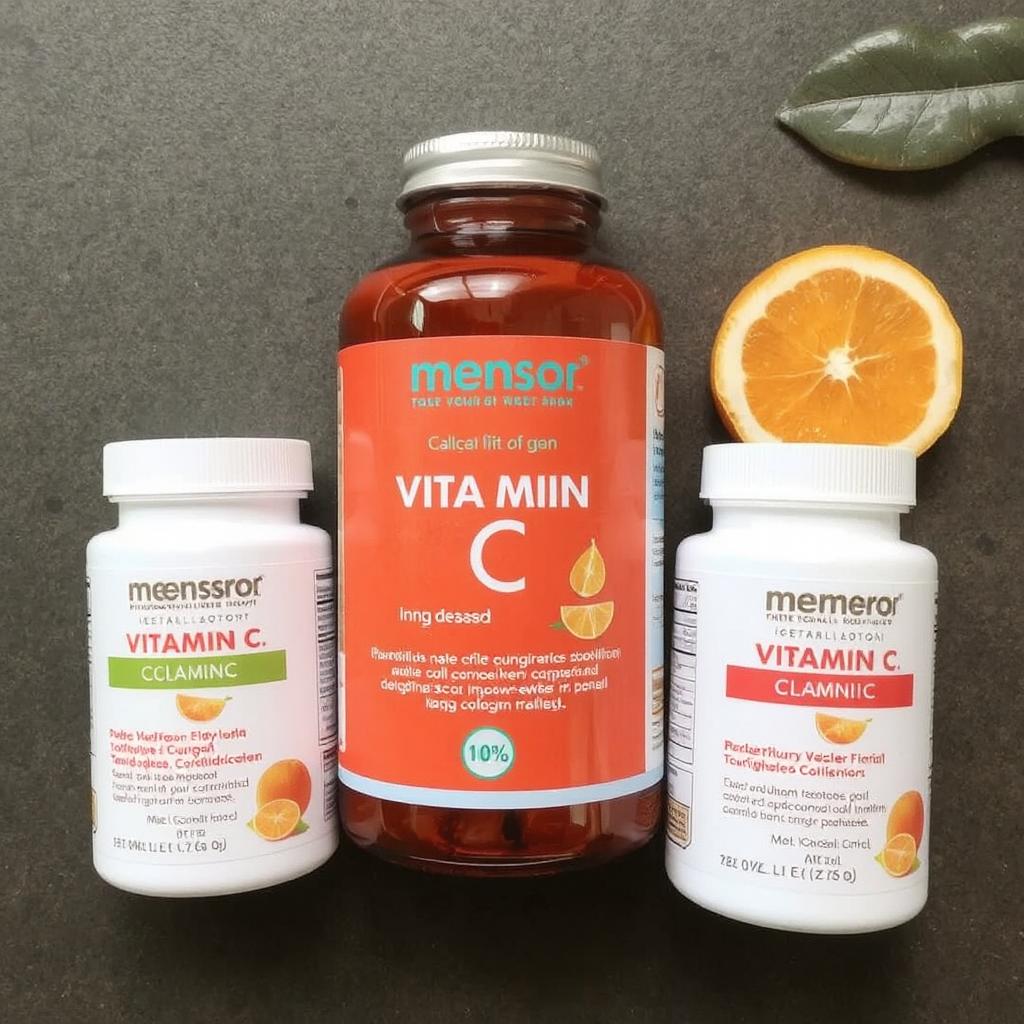
You’ve probably heard that Vitamin C has strong antioxidant properties and therefore is essential in protecting the skin from all sorts of harmful agents like UV rays, environmental pollution and everything in between. This vitamin is also really important for skin because besides acting as an antioxidant, it is also important in collagen synthesis – which is the primary protein in connective tissue that maintains the structure of the skin.
Vitamin C for Skin Benefits:

Reduces Wrinkles: Vitamin C promotes collagen biosynthesis, which in turn maintains skin’s elasticity and decreases the fine lines and the wrinkles in aged individuals.
Brightens Complexion: When used topically Vitamin C helps suppress skin’s pathological hypermelanosis by decreasing synthesis of melanin pigment, thus, lightening dark spots.
Fights Free Radicals: It is an effective free radical scavenger and counteracts the oxidizing activity of free radicals that can result in skin age and damage.
How can I increase vitamin C in my diet?

Foods: Such foods include oranges, strawberries, bell peppers, broccoli, and kiwi fruit, among others that are said to have high amounts of vitamin C content.
Supplements: There a lot of available products on the market today lying about the content of vitamin C such as molecules, tablets and powders, and vitamins; however stable C formulations, and ansiocvit C, twersers isbn are controllable.
Topically: Those C and E vitamins are put into many creams and lotions that can be applied to the skin. It is also helpful to apply vitamin C in serum form directly over makeup as a quick antioxidant boost.
Vitamin E: The Skin Protector
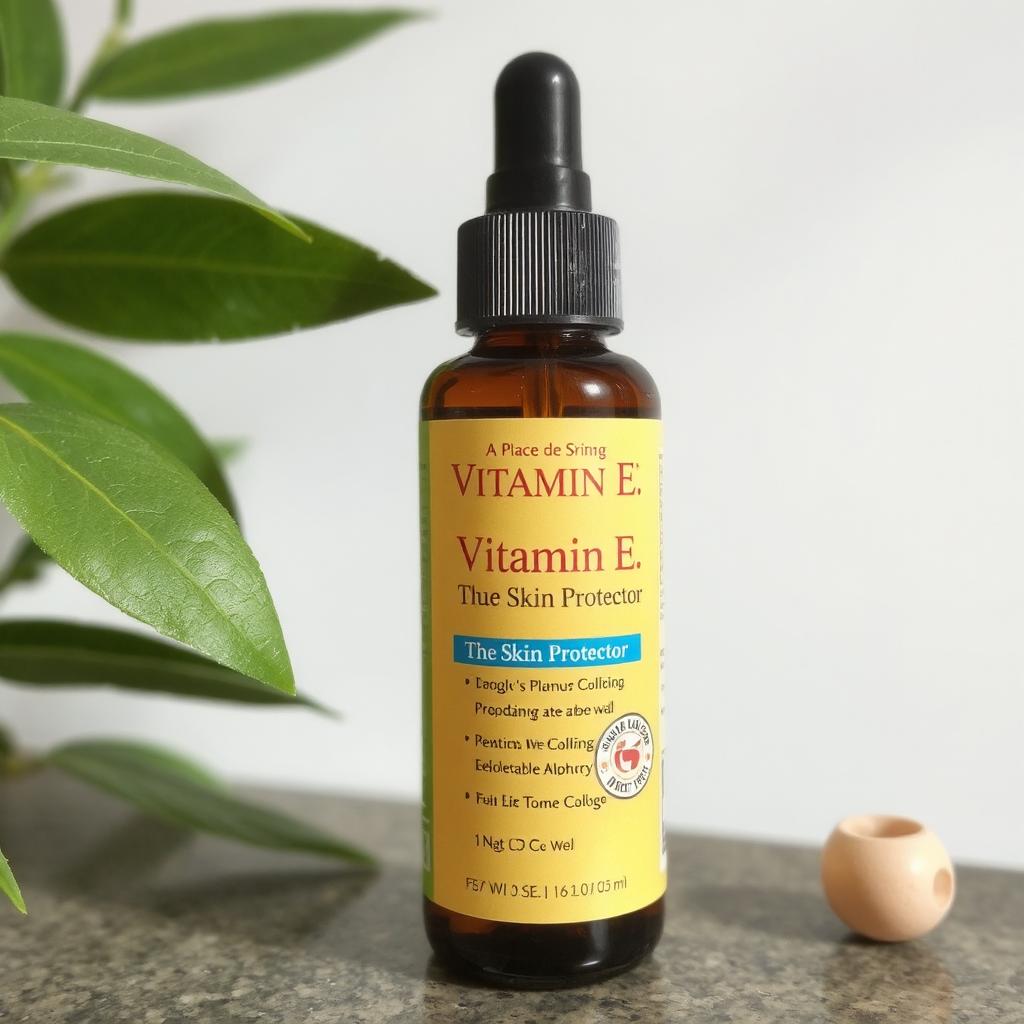
Vitamin E, like vitamin C, is a strong antioxidant vitamin which enhances C, which acts as a cell membrane protector and prevents skin damage by scavenging free radicals. Vitamin E helps lock in moisture and hydrate the skin, which explains its popularity in skin care products.
How Vitamin E Benefits Skin:
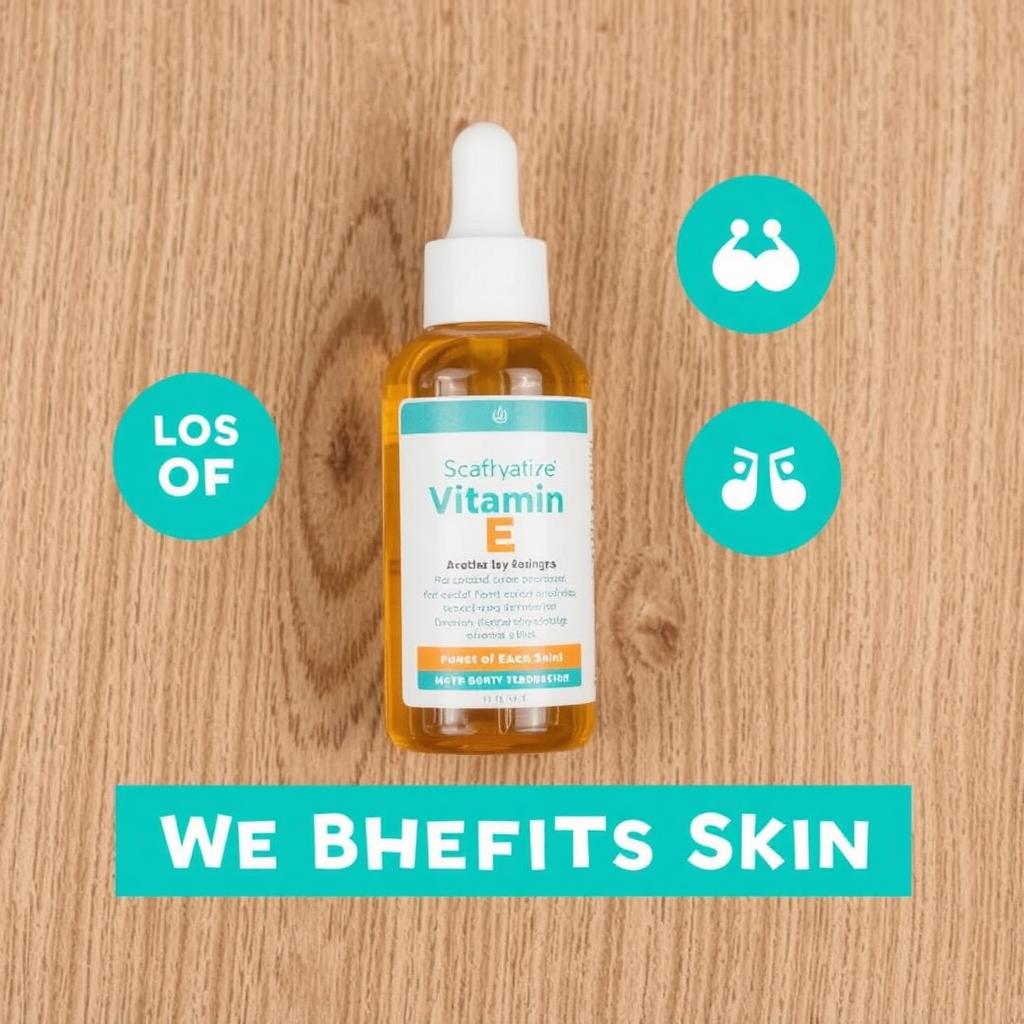
Moisturizes Deeply: Vitamin E reinforced the skin’s natural defense mechanism as well as prevents moisture loss thus enabling hydration of the skin.
Reduces Inflammation: The anti-inflammatory qualities of Vitamin E can protect the skin from irritation, which makes it suitable for people with moist and dry skin
Enhances UV Defense: Moreover, E Vitamin helps to protect your skin from the harmful effects of sunlight when used along with sunscreen lotions.
How to Get More Vitamin E:
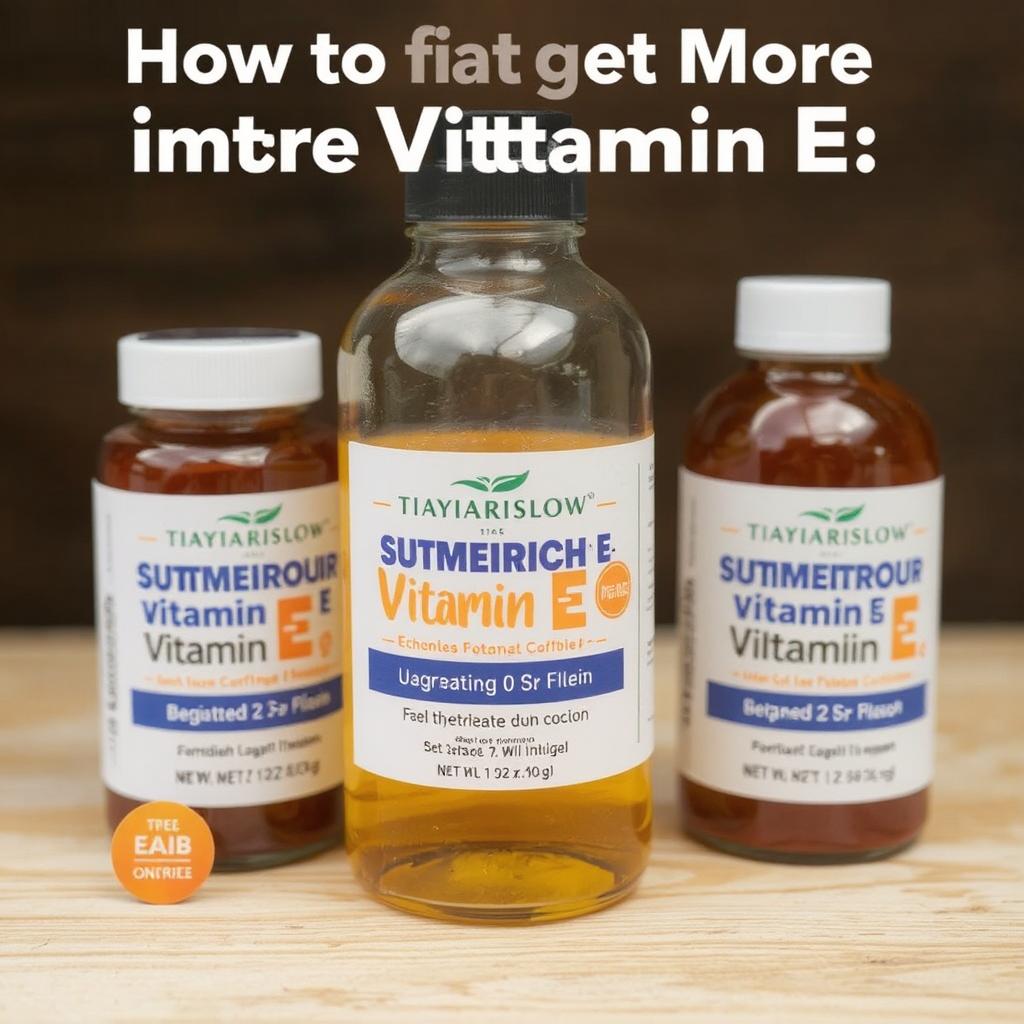
Foods: Almonds and avocado nuts, seeds, spinach and cooking oil contain a lot of vitamin E.
Supplements: Vitamin E which is commonly referred to as “tocopherol” in product ingredients is usually sold in the form of capsules or interspersed in skin care products.
Topical Use: Vitamin E products like oil or serum are also widely used in skin care and provide relief when used on dry and flaky skin surfaces.
Vitamin A: The Cross of Skin Renewal

The crucial role played by Vitamin A in cell growth and repair networks makes it important in anti-ageing as it serves the purpose of keeping the skin healthy and young. The vitamin A derivatives, known as retinoids, are mainly used in the treatment of skin care for boosting the shedding of older skin and reducing skin wrinkles.
How Vitamin A Benefits Skin:
Reduces Fine Lines and Wrinkles: The active ingredient in retinoids is a vitamin A derivative that induces the production of collagen to enhance elasticity and skin suppleness thus making fine lines less visible.
Improves Skin Tone and Texture: Retinol which is a form of vitamin A accelerates the processes of skin therefore enhancing the sloughing of old skin and the emergence of a more even toned skin.
Combats Acne: Retinoids are known for their effect
how to get vitamin a:
it is included in many foods like sweet potatoes, carrots, green leafy vegetables, or eggs.
you may also take vitamin a supplements, but these could be unsafe if used in high doses therefore exercise caution. a physician should be consulted.
Vitamin A topical use: retinol is an example of vitamin a that can be found in creams or serums. Use a lower concentration at first to help prevent irritation, especially if this is your first time using a retinoid
VITAMIN D: THE HEALING VITAMIN FOR SKIN

Vitamin D, commonly known as the sunshine vitamin, is very important in enhancing immunity and maintaining healthy skin. It is synthesized in the skin on exposure to sunlight and it also aids in cell repair and regeneration so that is why it is vital in the healing process and restoration of the skin.
In what ways does vitamin D improve the skin?
Reduces Inflammation: Vitamin D has anti-inflammatory effects that are useful in alleviating skin-related issues like eczema and psoriasis.
Promotes Growth of Skin Cells: It encourages the natural healing process of the skin, thereby assisting in the healing of injuries and in the preservation of the skin barrier.
Balances Skin Tone: Thanks to Vitamin D’s role in cellular proliferation, it is theorized that it may assist in improving complexion and lightening dark patches over time.
How to Get More D Vitamin:
Sun Exposure: You can go out in the sun for about 10-15 minutes a couple of times a week and this will encourage your body to synthesize vitamin D.
Foods: Soggy sea life (such as salmon), dairy products enhanced with nutrients, and fungal growths are helpful.
Supplements: The best form of vitamin d available out there for supplementation is d3, more effective for people with limited exposure to sunlight.
VITAMIN K: SUPPORTS CIRCULATORY FUNCTION

vitamin k is often neglected in skincare, however, it is helpful in the processes of healing and minimizing the discolorations. this contributes to a lot of bruising, scarring, stretch marks, and everything else due to the fact that this nutrient is important in the clotting of blood.
B-Vitamins – What Keeps The Skin Balance
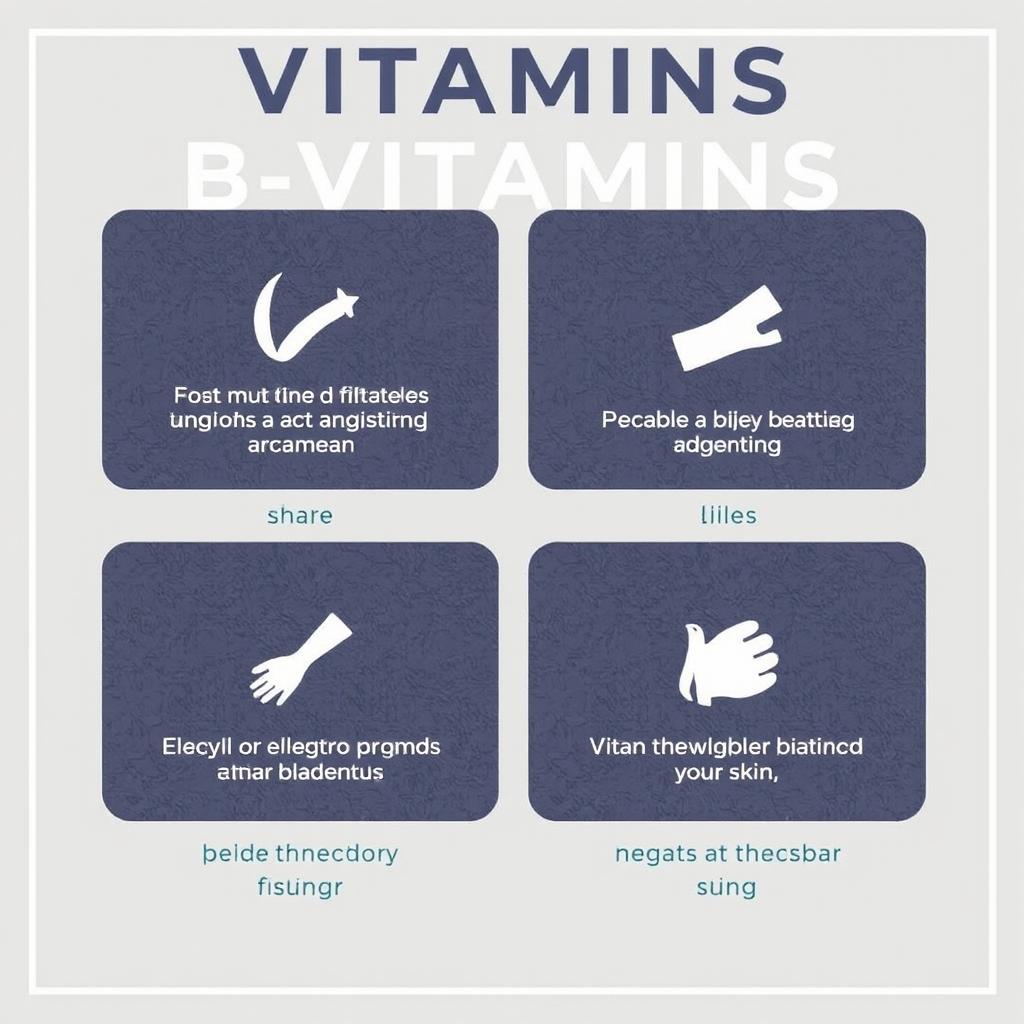
B vitamins which consist of biotin, niacin aka vitamin B3 and B5 are relevant for skin health. Each member of the B vitamin family has different merits though collectively they help to keep even toned skin.
How B Vitamins benefits skin:
Hydrates and Nourishes: B3 – that is, niacinamide, moisture grippers. Thus skin receives sufficient moisture and texture of skin improves.
Reduces Acne and Redness: This vitamin helps to heal acne breakouts since niacinamide has anti-inflammatory actions which also relieve redness.
Strengthens Hair and Nails: Biotin (B7) is essential for boosting hair and nail growth therefore their healthy look and that of the entire body as well.
How to enhance your intake of B Vitamins:
Foods: Such B vitamins can be in food-rich diets consisting of whole grains, eggs, nuts and green leafy vegetables.
Supplements: The B-complex vitamins can be taken individually or in combination with others. Through many skin products, niacinamide has also been incorporated as a medicinal ingredient.
Topical Use: Niacinamide is revered for use in topical applications as it helps to enhance skin barrier protection and reduce inflammation in skin which is why it is found in many serums and moisturizers.
Advice on Selecting as well as Taking Skin Vitamins

If Possible Talk to a Health Professional: Most vitamins can be taken in recommended dietary allowances without worrying, but fat-soluble vitamins A, E, and D maybe dangerous when taken excessively. A health professional can best guide you on how to go about it if for instance you want to use supplements.
Use Subscriber Services Wisely: In case of vitamins applied in skincare, the products that contain compatible and stable forms of those vitamins should be sought. Administering vitamin containing products – most of them should be applied in the morning to maximize their antioxidant effects while other retinoids such as retinol are given at night.
Ask for a Healthy Menu: The most efficient means of making sure that one has the required amounts of vitamins is by eating a variety of foods involving fruits, vegetables, lean proteins, and healthy fats. This will not only provide vitamins but also the essential minerals and antioxidants for skin glow.
Do Not Give Up: This takes time and patience. While topical vitamins and a suitable diet can enhance skin condition gradually over time, they need to be used consistently. The results from using this type of vitamin are usually seen after a few weeks to months.
Conclusion
Vitamins are a beneficial remedy towards making and sustaining beautiful and healthy skin. Picture the nourishment that each vitamin offers and how you can include it in your food and skin care and she will flourish from within out. In due time and with effort, all the respective Vitamins of the skin will come in the form of an Embellished Mother Nature since they are relatively healthy and radiate with vitality. next the blog post

